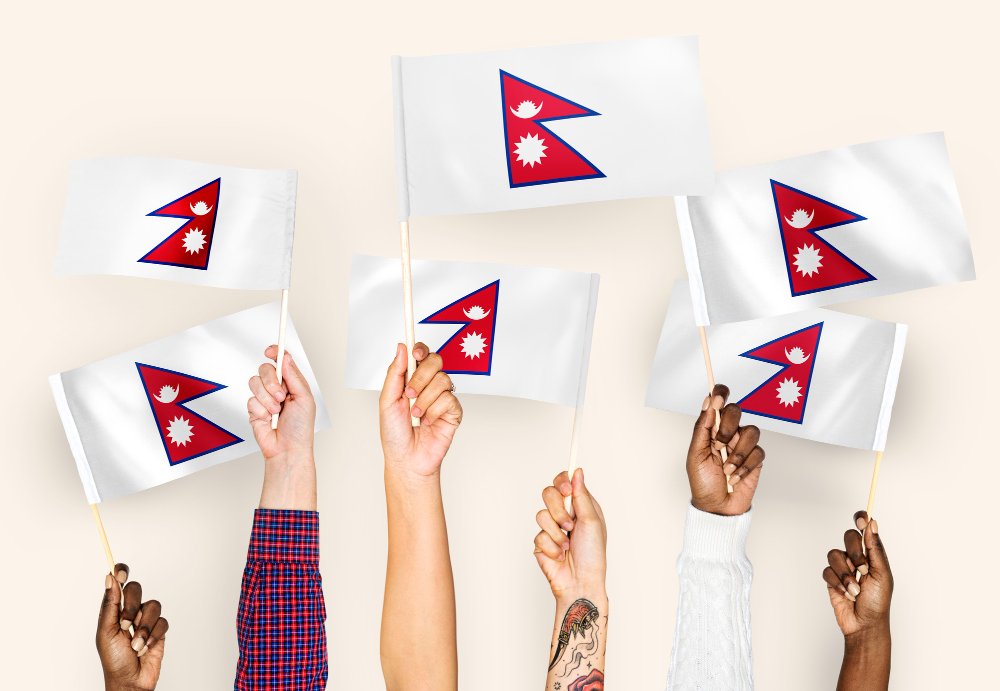Sixteen years ago, protests forced Nepal's king to abdicate the throne. Now, new protests are aiming to reinstate him.
Sixteen years ago, Nepal witnessed mass protests that compelled then-King Gyanendra Shah to abdicate the throne, paving the way for a republic. Now, a fresh wave of demonstrations seeks to reinstate him.
Once more, the streets of Kathmandu are flooded with protestors, this time advocating for Shah's return to kingship and the reinstatement of Hinduism as the state religion. Criticizing the major political parties for corruption and ineffective governance, royalist factions voice the populace's frustration.
Chanting "Come back king, save the country. Long live our beloved king. We want a monarchy," demonstrators echo their desire for change in rallies reminiscent of the past. Amidst growing discontent with the current system, calls for radical transformation resonate. Pro-monarchy sentiments gain momentum, evident in the increasing display of portraits of the ex-king and his ancestors.
Gyanendra, once a constitutional figurehead, assumed absolute power in 2005, dissolving the government and parliament, suppressing dissent, and declaring a state of emergency. However, massive protests in 2006 compelled him to relinquish power to the parliament, leading to the monarchy's abolition in 2008.
Despite the republic's establishment, many Nepalis perceive it as ineffective, attributing political instability, economic struggles, and rampant corruption to its governance. Dhruba Hari Adhikary, an independent analyst in Kathmandu, notes a sentiment among some that the monarchy offered superior governance.
While pro-monarchy demonstrations swell, the movement lacks the strength to effect immediate change. Political parties firmly reject the notion of reinstating the monarchy, affirming Nepal's status as a republic. The Rastriya Prajatantra Party, a staunch advocate for monarchy restoration, asserts its demands but faces significant opposition.
Although Gyanendra refrains from public involvement in politics, various groups vocally support his return, citing a loss of national identity without the monarchy. Nepal's political landscape transformed in 1990 with pro-democracy movements, leading to elections and reducing the monarchy to a ceremonial role. Gyanendra ascended the throne following a tragic massacre in the royal palace in 2001.

